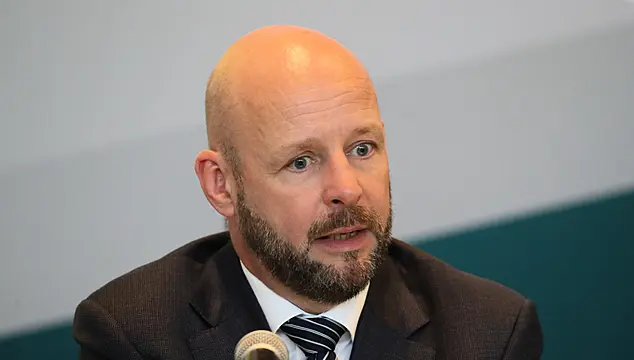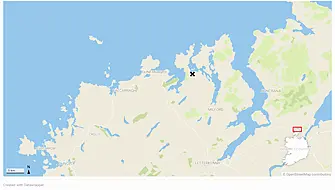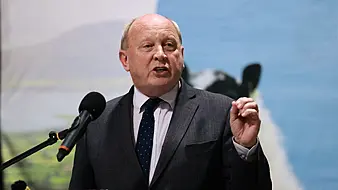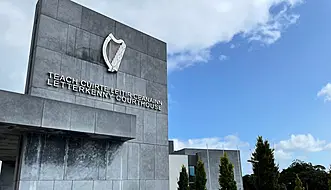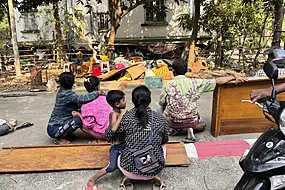A further 1,459 confirmed cases of Covid-19 have been notified in the Republic.
By 8am on Sunday, there were 296 Covid-positive patients in hospital, including 65 in intensive care.
Earlier, a prominent member of the National Public Health Emergency Team (Nphet) described as “untrue nonsense” a theory that there is a policy to allow children to get infected with Covid in order to build immunity.
Prof Phillip Nolan, who is also president of Maynooth University, published a series of tweets on the topic on Sunday.
“The idea that there is some secret ‘policy’ to allow children become infected and build immunity is untrue nonsense. We have had just over 30,000 cases in a population of about 570,000 5-12 year olds,” he said.
The idea that there is some secret 'policy' to allow children become infected and build immunity is untrue nonsense. We have had just over 30,000 cases in a population of about 570,000 5-12 year olds. 1/4
— Professor Philip Nolan (@PhilipNolan_SFI) September 26, 2021
“Even if this is an underestimate of the numbers previously infected, at current infection rates (2,000-2,500 per week) it would take 3-5 years for all existing children to become infected.
“If force of infection declines as most of those 12 and older are vaccinated, infection rates in those aged under 12 will also decrease, and birth rates (1000 per week) will compete with infection rates to keep the proportion of children with natural immunity low,” he continued.
“The current policy is to balance the low risk of transmission in the school setting against the benefits of continuing in-person education. We have time to consider the risks, opportunity costs and benefits of vaccinating children.”
Monday will see an end to contact tracing of asymptomatic cases in the classroom.
Under the changes, children under 13 who are close contacts of confirmed coronavirus cases in schools or childcare will no longer be required to self-isolate from September 27th if they are symptom-free.
The changes will not be applied to children who attend special schools.
The move comes after thousands of children were out of school, after they were told to self-isolate or restrict their movements due to being exposed to the virus.
Reassuring parents
The chief medical officer, Dr Tony Holohan, moved to reassure parents about the upcoming changes.
In a statement on Sunday afternoon, he said the increased number of children referred for Covid-19 testing was to be expected as schools returned. He noted that the associated positivity rate in education settings had fallen from 16 per cent to 5 per cent.
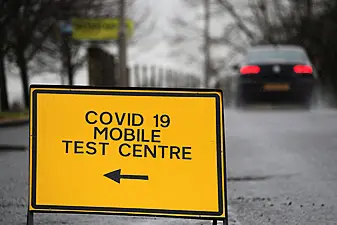
Describing this as “reassuring”, he said: “Both nationally and internationally, the evidence tells us that schools are a low risk setting for the transmission of Covid-19 among school-going children and, as such, now is the right time to evolve our contact tracing approach, while maintaining the infection prevention and control measures in place in educational settings.”
Dr Holohan said children under 12 years of age who are identified as close contacts in childcare and educational settings and are asymptomatic will no longer be required to routinely restrict movements.
He added that anyone concerned about symptoms of Covid-19 they are displaying should contact their GP.
“The most important action to take is – if you display symptoms of Covid-19 like cough, fever, fatigue, headache, or sore throat – isolate and contact your GP who will advise if you need to arrange a test,” he said.
